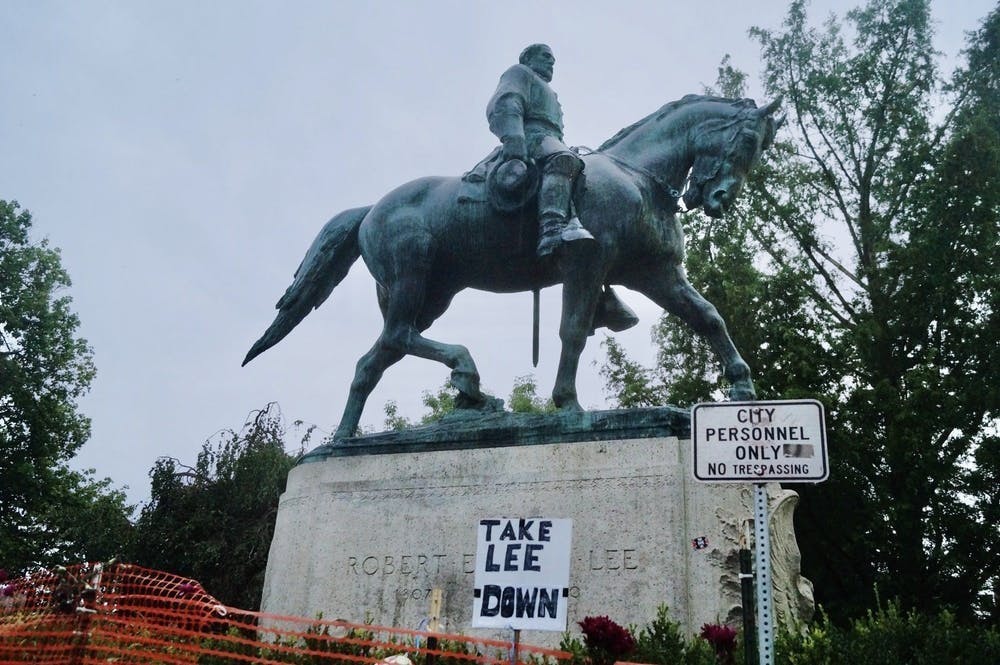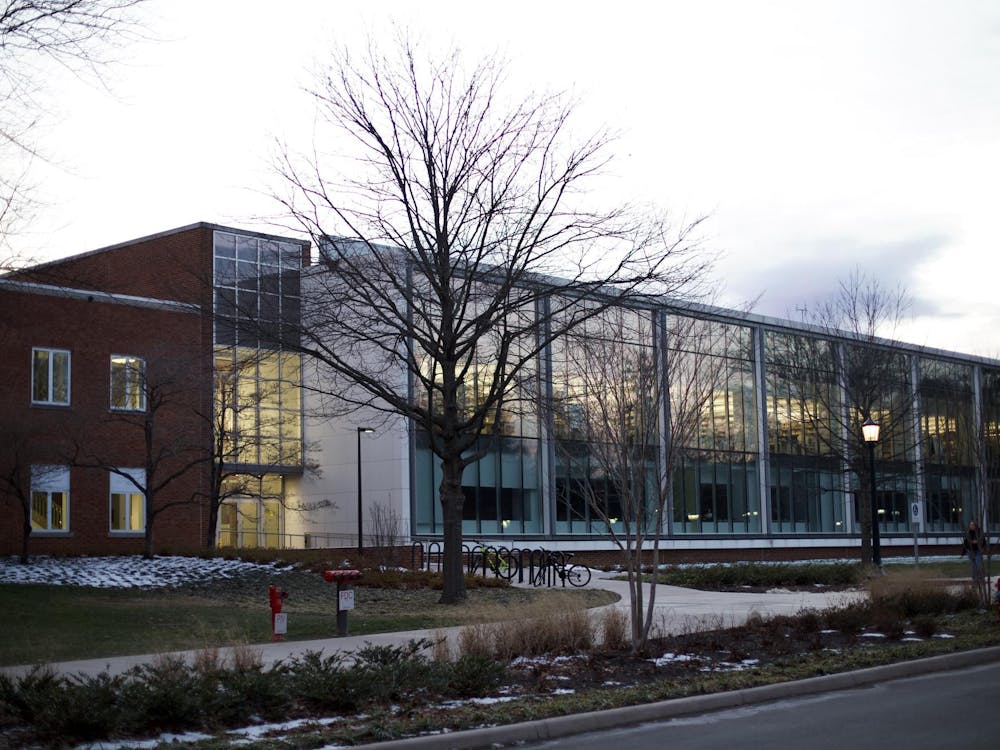Recently, there has been a surge of awareness about political issues — police brutality, racist memorials and gender inequalities in particular — that were previously undiscussed on major platforms. Conversations already happening on a smaller scale were brought to the forefront of American politics. Indeed, the attention brought to these issues allowed progress to be made. However, our job as activists is not done.
The Black Lives Matter movement challenged institutional racism and exposed crucial flaws in the policing system. The finish line for police reform is an ambiguous term, but it is clear that it has not been reached. For one, qualified immunity — which protects state and local officials from personal liability except in very limited circumstances — lives on in Virginia. This is not a minute detail. The NAACP explicitly calls for an end to qualified immunity. And after the viral video of Virginia officers pepper-spraying an Army lieutenant, the Virginia NAACP demanded Governor Northam call a special session of the Virginia General Assembly for the sole purpose of ending qualified immunity. While a bill that would have ended qualified immunity was introduced, it died in the Virginia Senate. This failed bill exemplifies that while progress has been accomplished, the work towards police reform to protect Black and Brown people is nowhere near finished.
Furthermore, efforts from the University and City of Charlottesville to recontextualize and remove symbols of hate on Grounds are incomplete. The George Rogers Clark statue was removed from University Grounds, and the City of Charlottesville has removed two Confederate statues and one of Meriwether Lewis, William Clark and Sacagawea — these removals are successes. However, the Board of Visitors supports a mere digital contextualization of the University’s statues and memorials. For instance, the Board opted to contextualize rather than remove the Frank Hume Memorial Wall, otherwise known as the Whispering Wall. Once again, I do not deny that advancements have been made, but it is also clear that so much more must be done on Grounds to change a history of institutional discrimination.
Racism in America is complex and has a deep history — it is more than a passing phase. So, in taking the first steps to address America’s institutional racism, we must address all facets of American life that perpetuate racist ideologies. Statutes of racist individuals create a physical environment at the University that glorifies a history of racism. And maintaining these statues suggests apathy towards current racism. The answer is simple — there is no place for memorials of racist individuals at the University.
Furthermore, digital recontextualization of racist memorials on Grounds is not enough. While a QR code by a statute provides necessary contextualization, it fails to stop the immediate glorification of these individuals in the physical space. That being said, I do not intend to say that these individuals should not be remembered nor studied in intellectual environments. Information about these individuals encourages us to learn from their accomplishments and avoid repeating their errors. However, we can retain knowledge of an individual’s history without the memorialization and glorification of these individuals in public spaces.
An obvious statement that unfortunately needs repeating — racism is not over. New variations of racism are continually recreated. For example, the ideology of the strong Black woman attempts to relieve Black women from previous racist stereotypes. Yet, the stereotype of the strong Black women is itself confining and ultimately harmful to Black women. In a similar manner, the racism evident in policy brutality and the contemporary legal justice system itself perpetuates the racism of past institutions, such as Jim Crow laws. And the results of institutional racism are far from insignificant. For instance, past and contemporary racism have contributed to a massive racial income divide. Racism continues to live on under modern systems.
Meanwhile, the indirect effects of COVID-19 were and continue to be intense — exacerbating existing inequalities that have yet to be remedied. Millions of women left the workforce during the pandemic and many have yet to return. There are 1.8 million fewer women in the labor force than before and violence against women and girls has intensified. Additionally, Asian Americans faced extreme discrimination after the COVID-19 breakout. The spike in violence against Asian people in the United States has even led to the death of some Asian Americans.
Despite the reality that life for many minorities in America is particularly stark in current times, I worry that attention to these issues is beginning to fade. Especially with respect to the election of President Joe Biden and a return to a Democratic-majority in the House of Representatives, I am concerned the institutional racism that exists in America is being falsely characterized as a passing fallacy. While Donald Trump was responsible for a new wave of bigotry, bigotry in America existed before his presidential term. Donald Trump is far from the sole individual who perpetuates institutional discrimination.
The fight for equity never ends — it is a goal we must work towards each day. The past year has resulted in increased awareness of race-based discrimination, and the COVID-19 pandemic has exposed other varieties of institutional discrimination. Awareness of these issues has come with notable improvements. However, we have not achieved equality — apathy now is a discredit to previous activism and those who still need justice. Now is not the time to stop fighting for equality.
Jessica Moore is an Opinion Columnist for The Cavalier Daily. She can be reached at opinion@cavalierdaily.com.
The opinions expressed in this column are not necessarily those of The Cavalier Daily. Columns represent the views of the authors alone.






